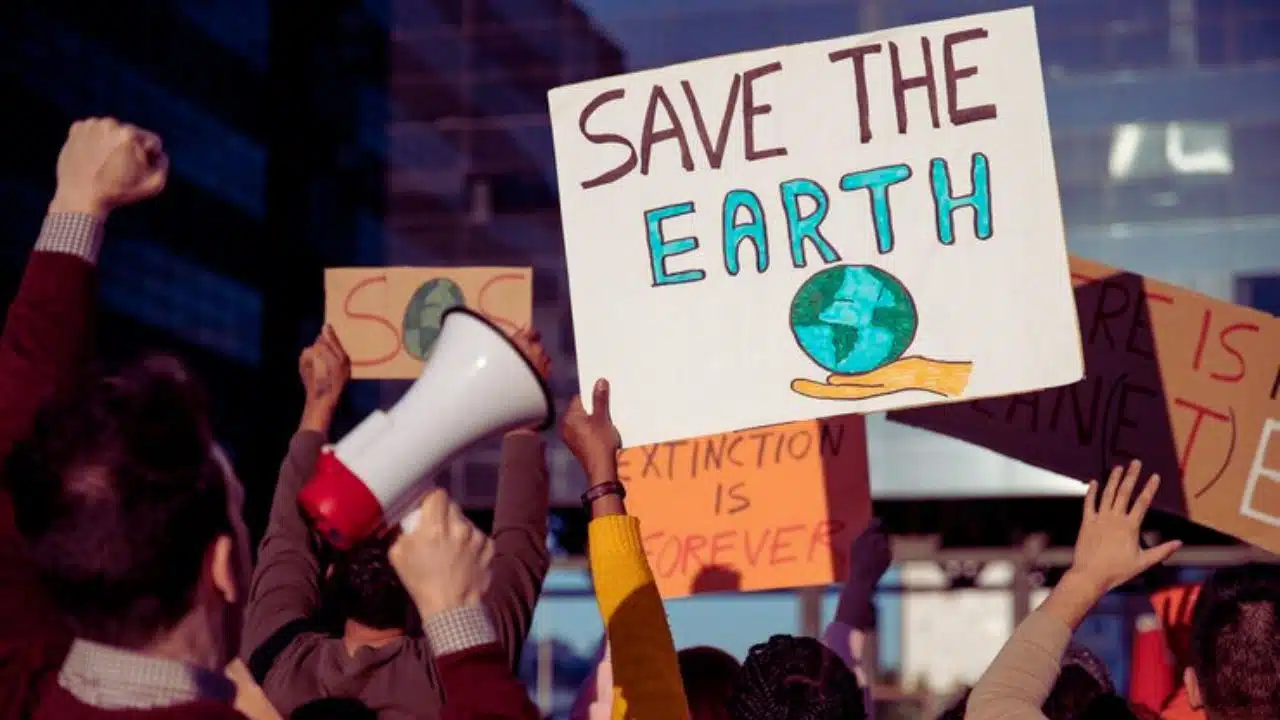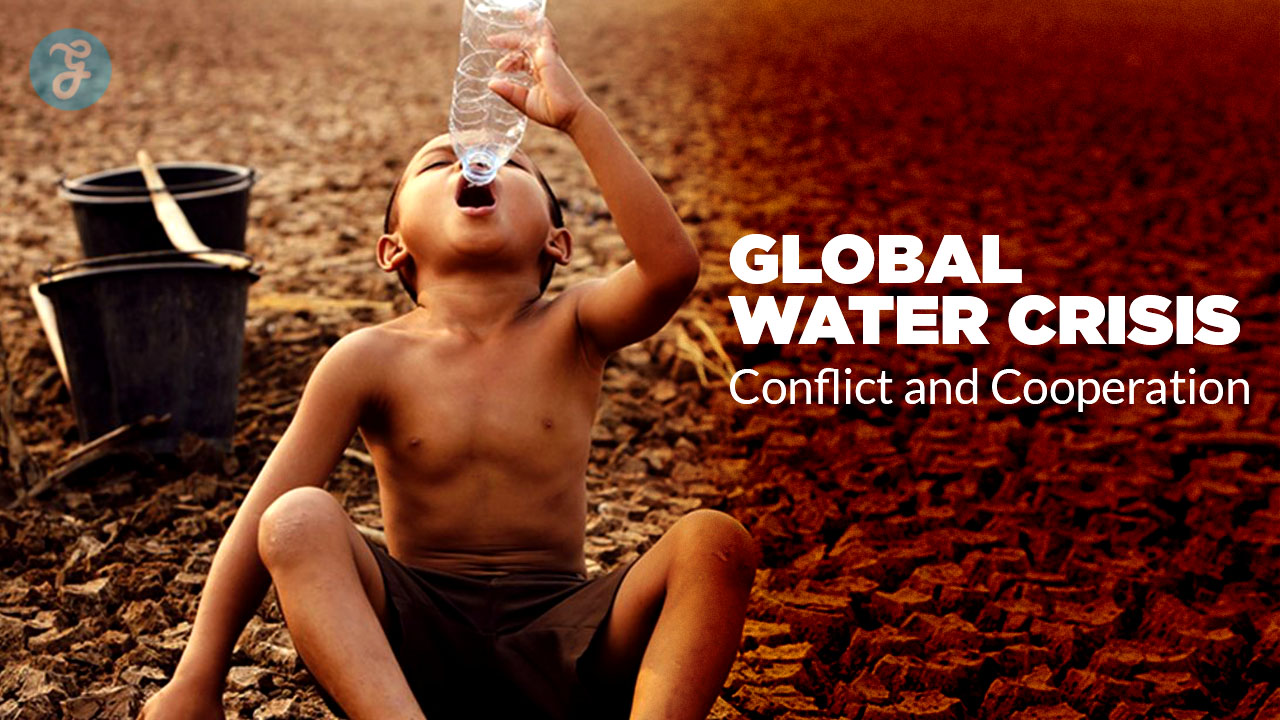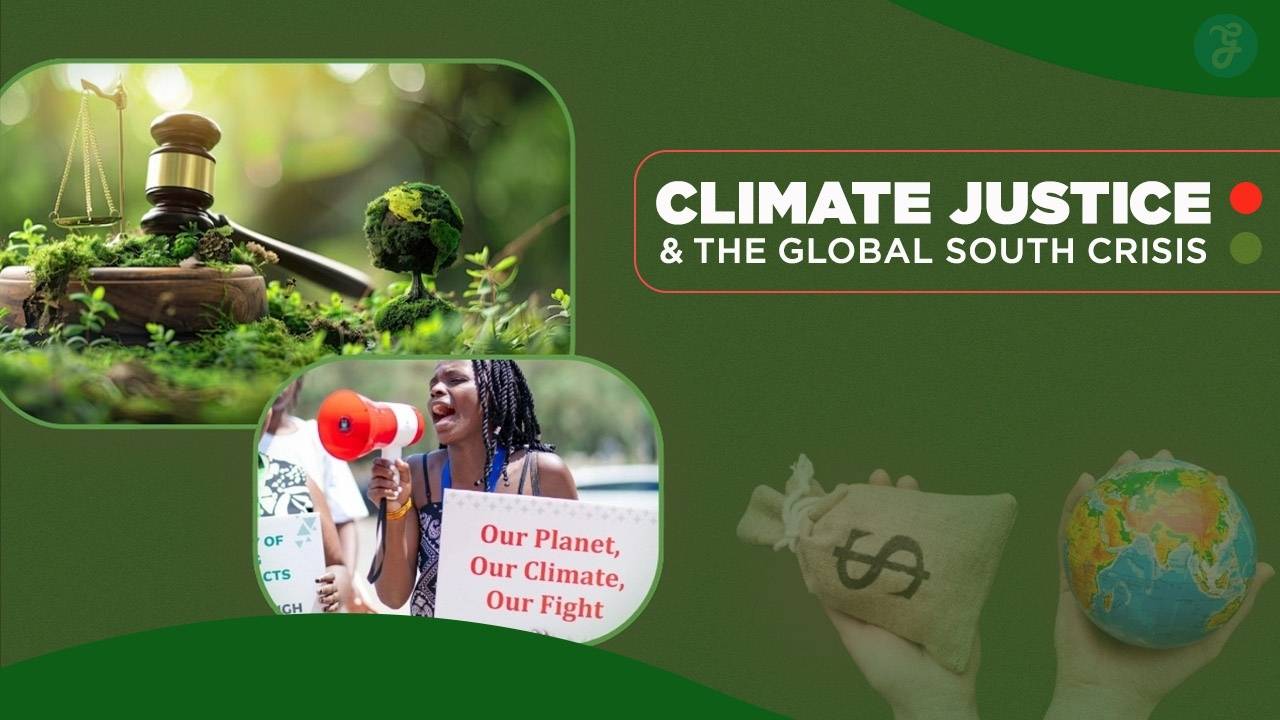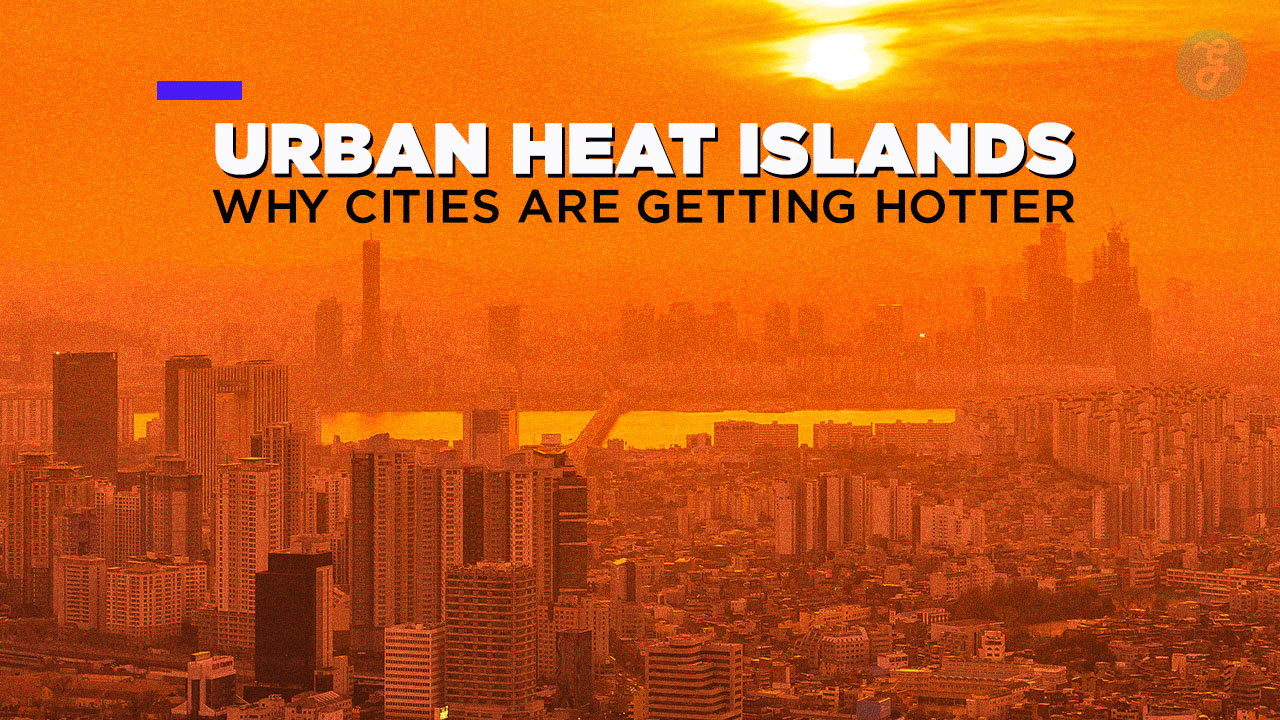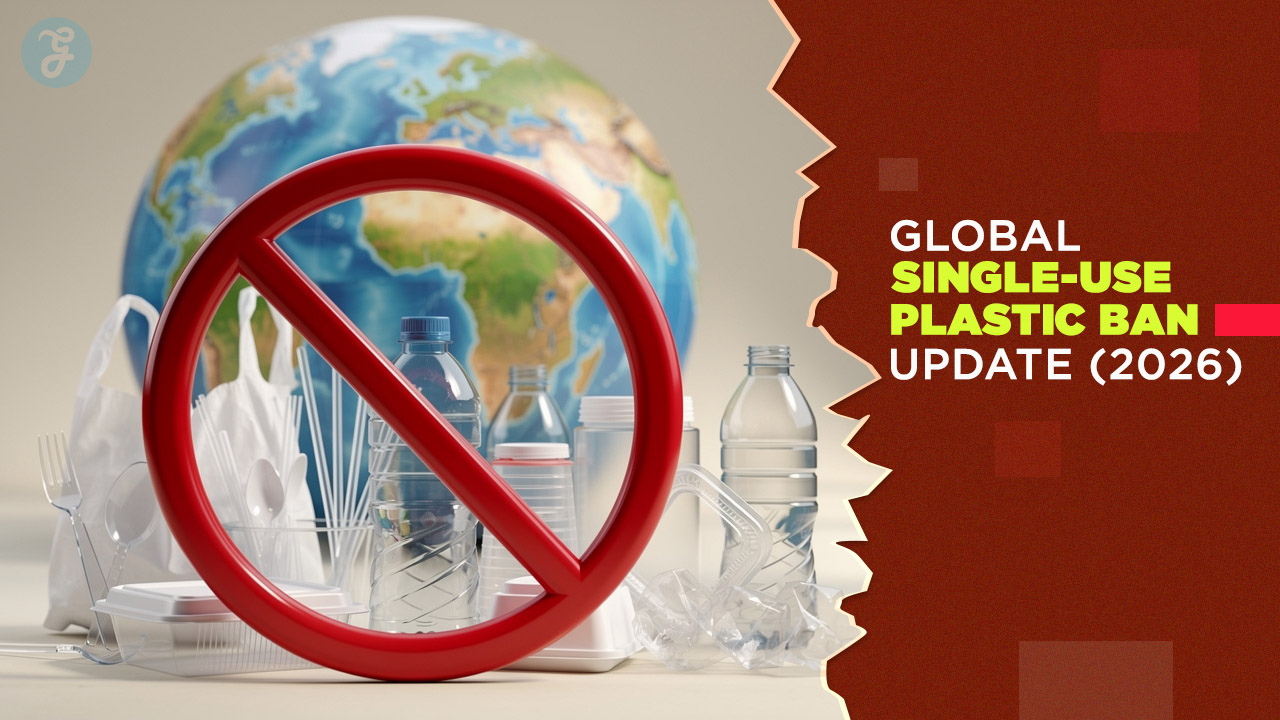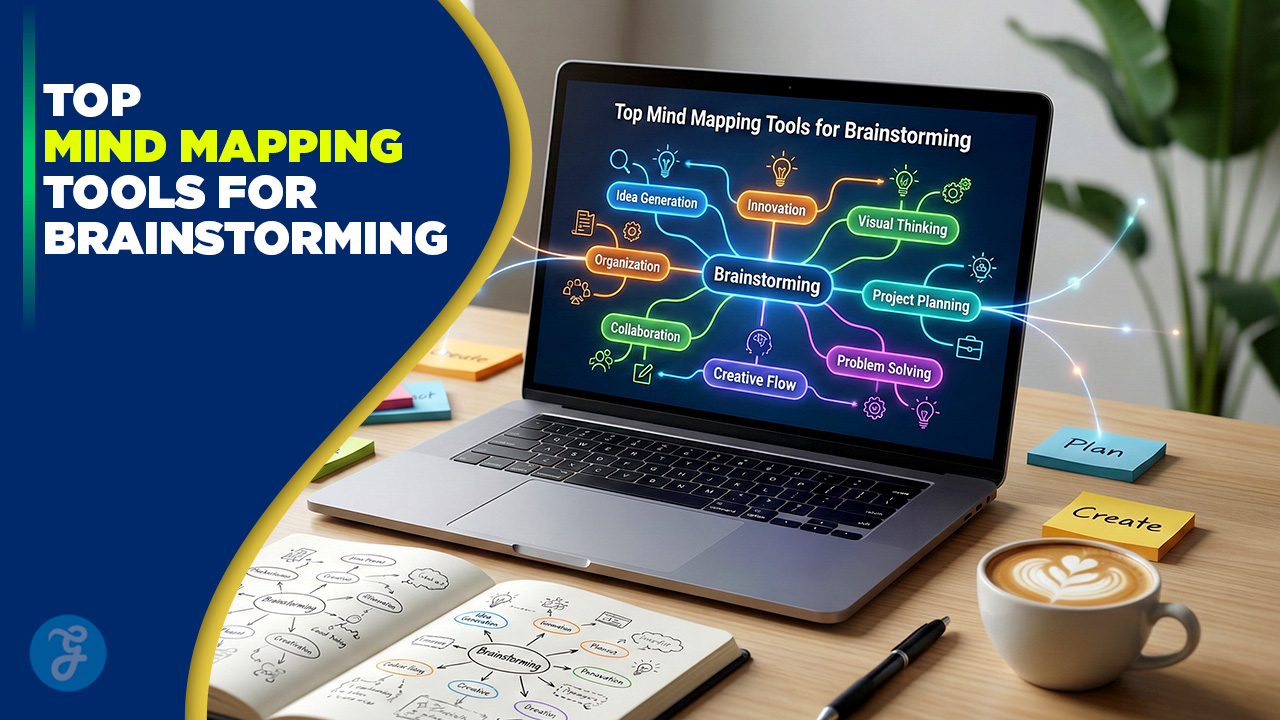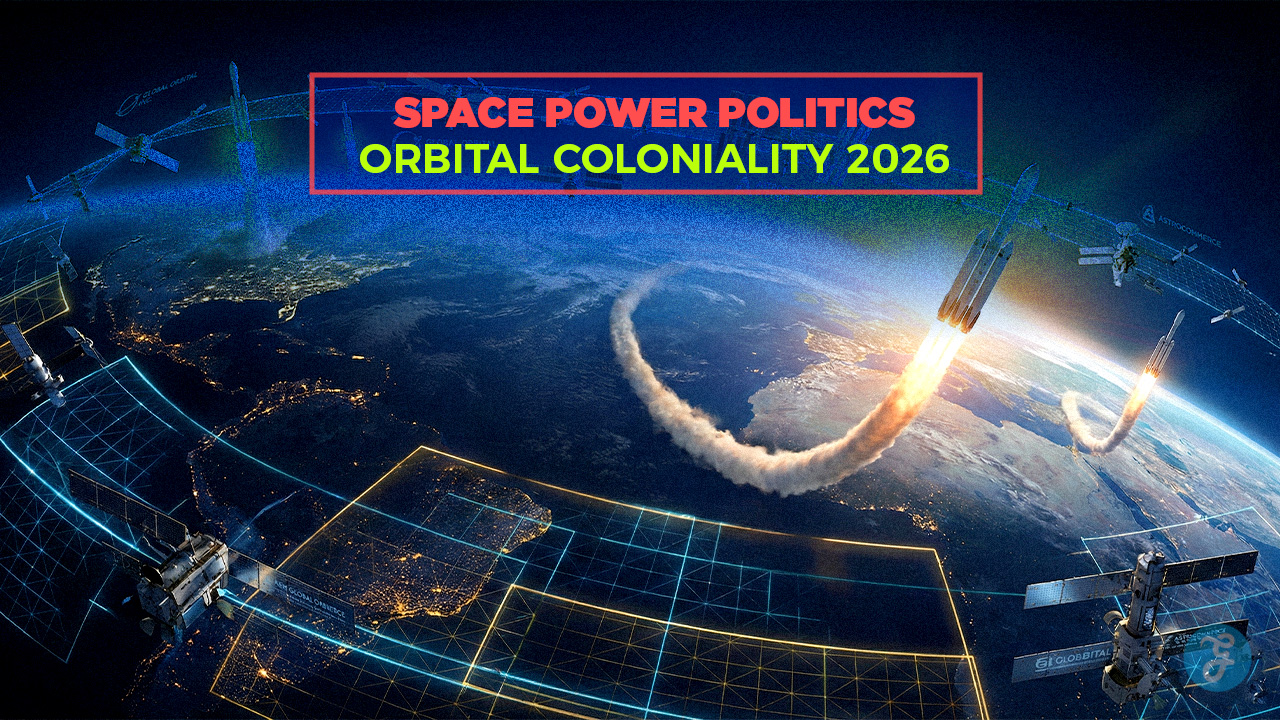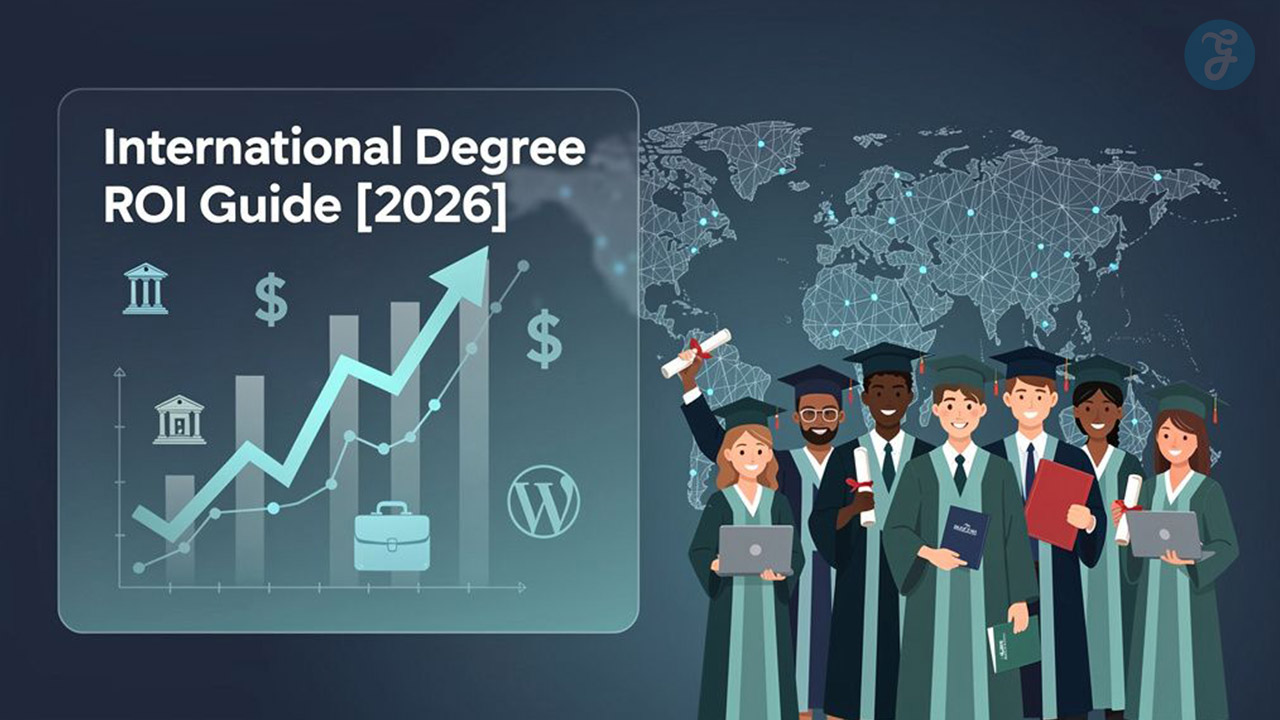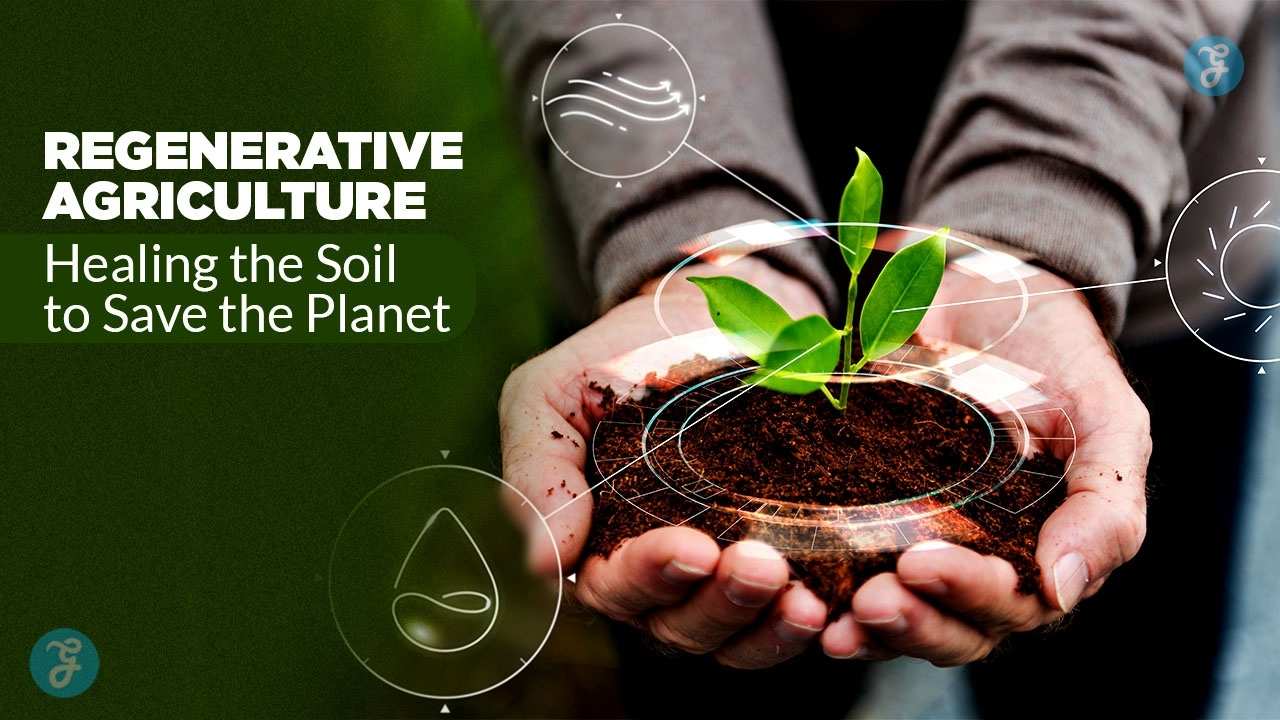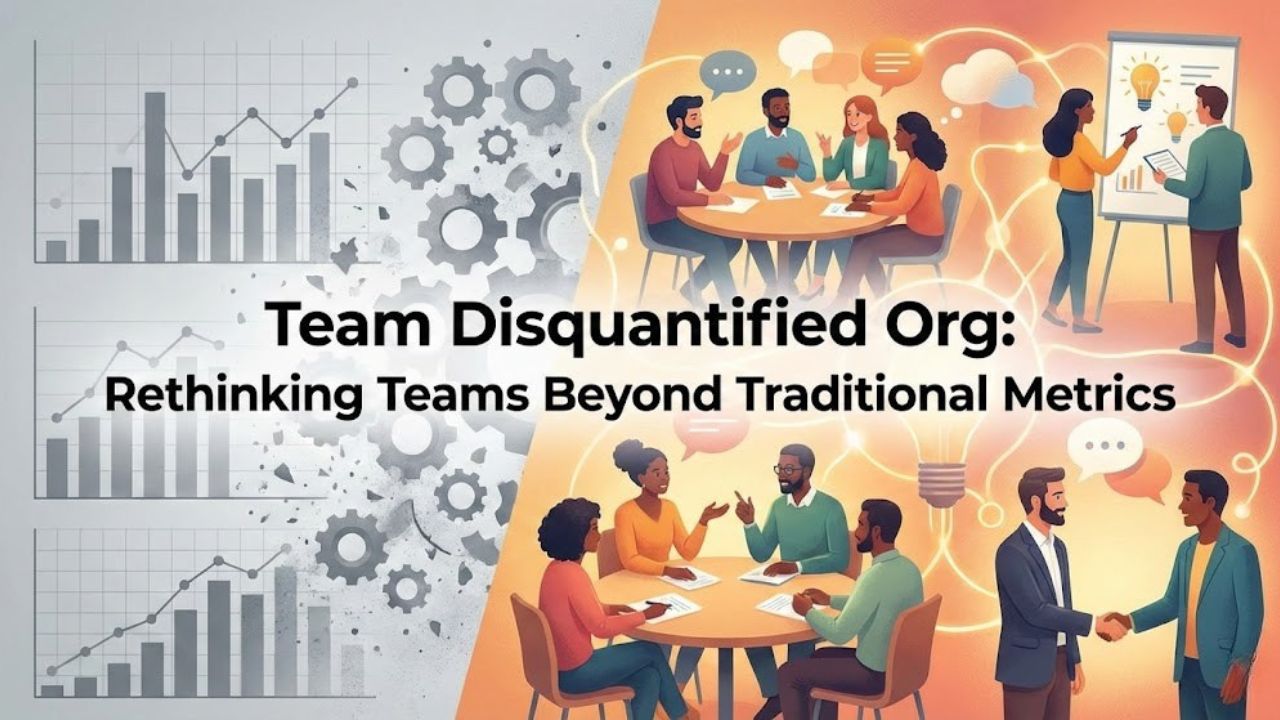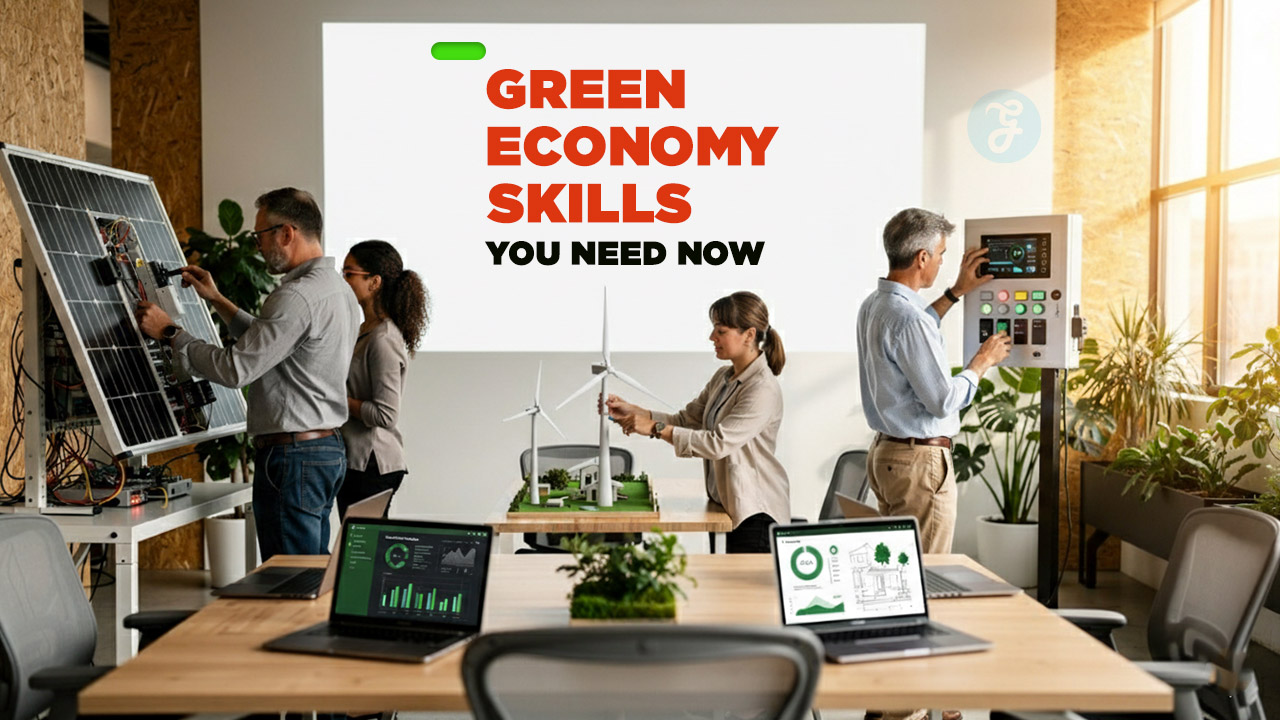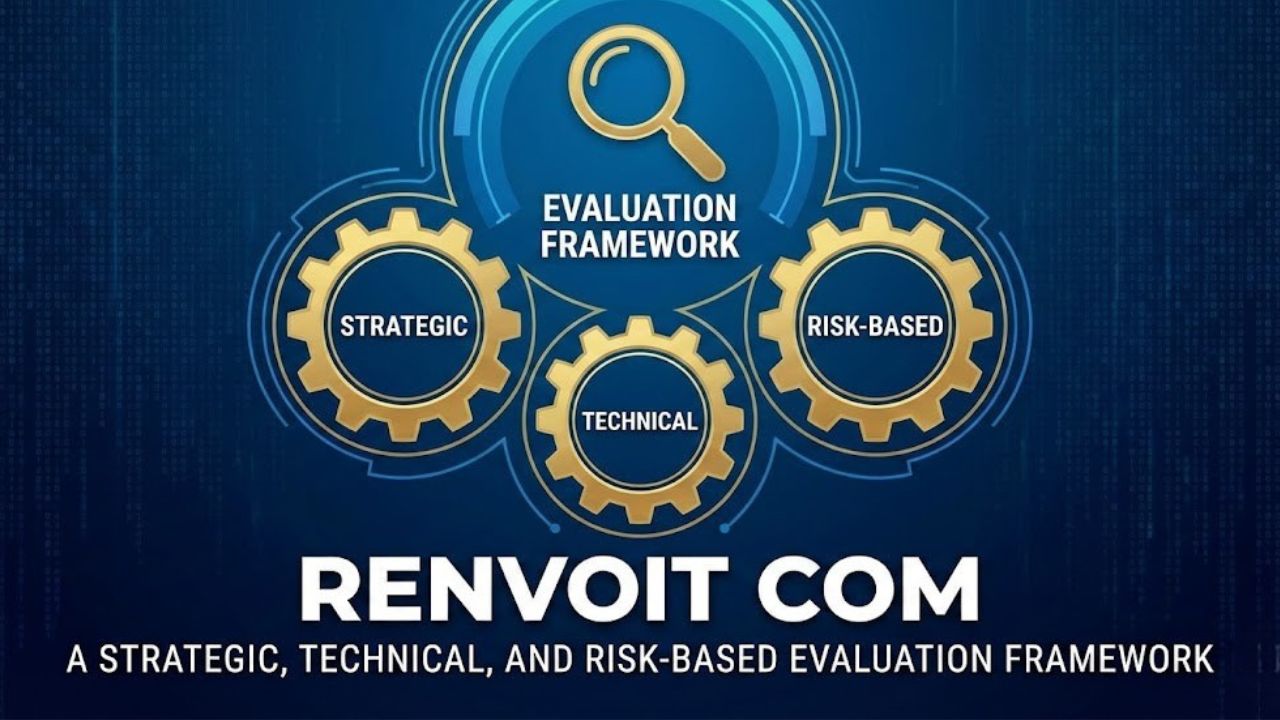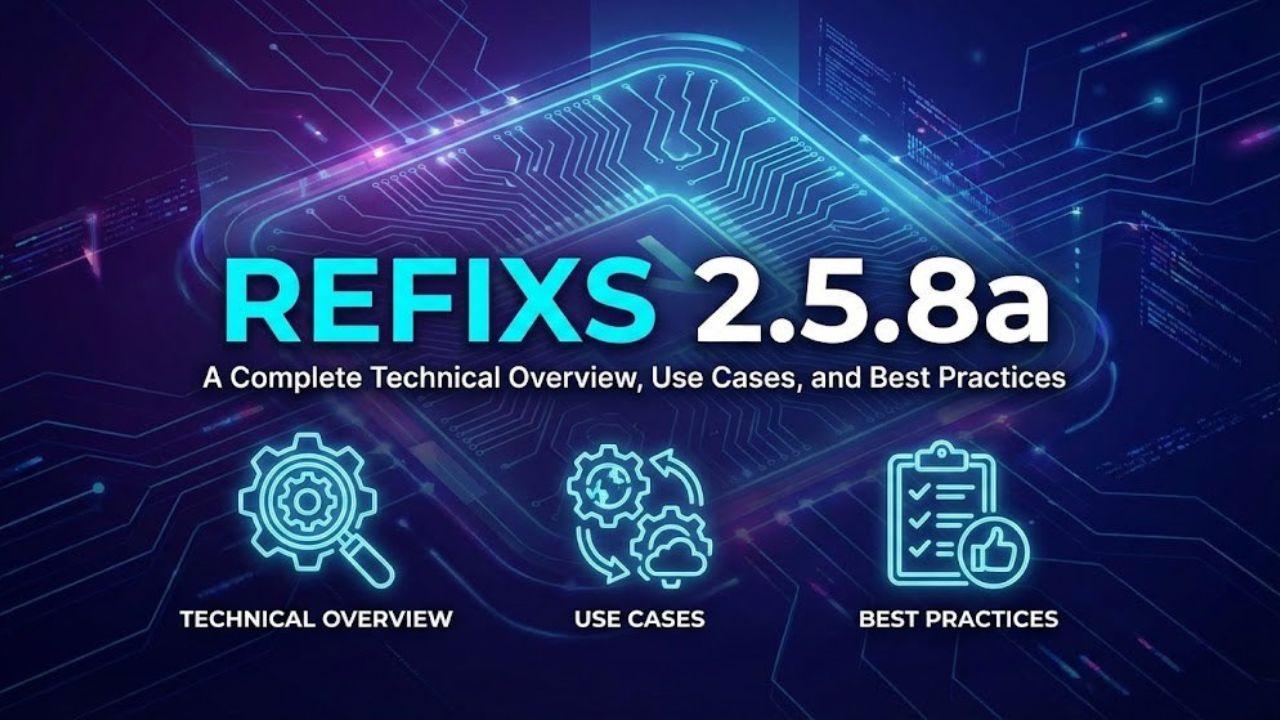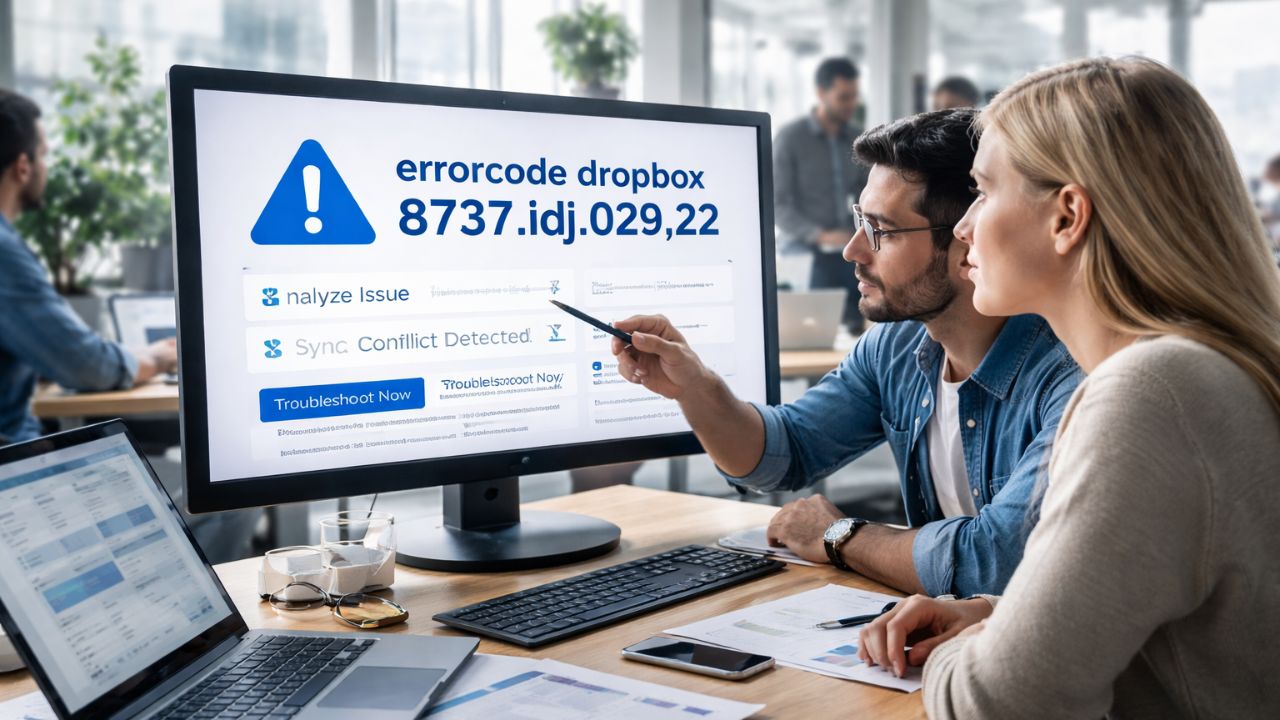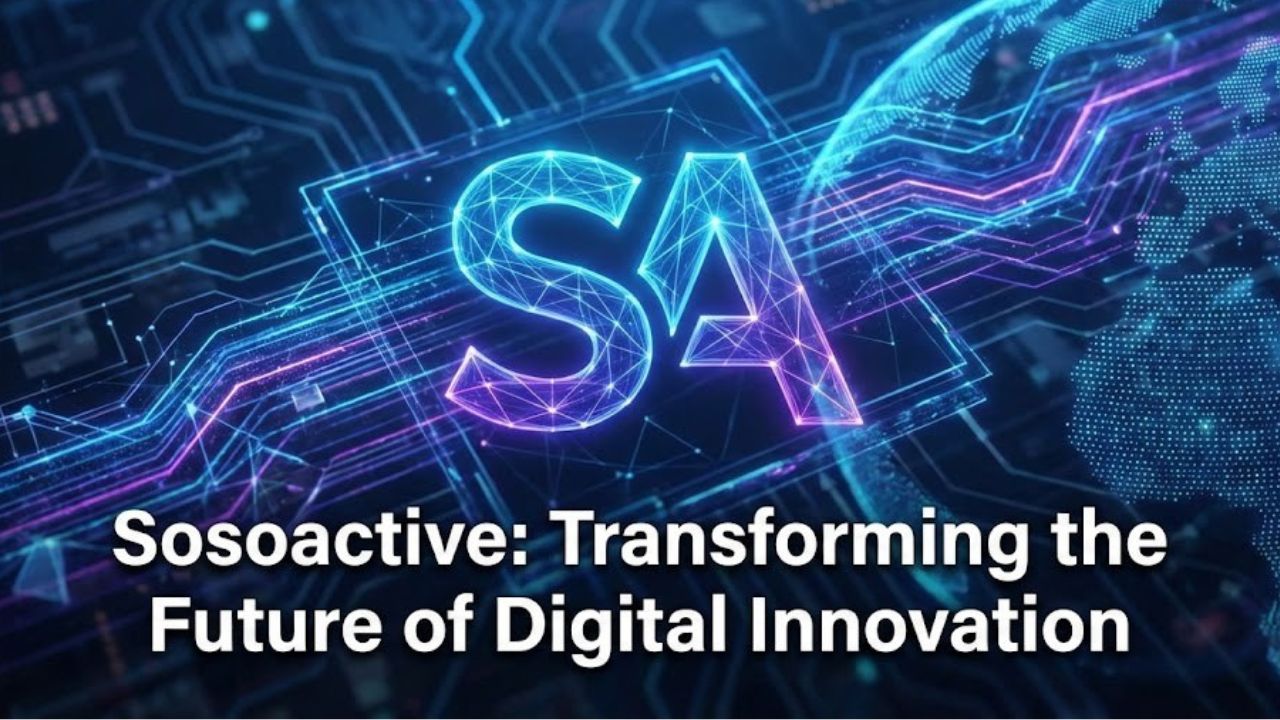Are you aware of the global crisis that climate change is posing today? Nearly 200 countries are now committed to the Paris Agreement on Climate Change, which sets an international goal of keeping global temperatures from rising more than 2 degrees Celsius by 2100.
This blog post aims to help readers become more informed about research on climate change and discover ways they can contribute towards its mitigation. Learn how public opinion, corporate responsibility, education initiatives, and collective action can mitigate our planet’s future threats so we can do better for generations still to come.
Stay tuned!
Key Takeaways
- Climate change is an urgent global crisis and a bipartisan majority of Americans are convinced we must take action to reduce its impact.
- Gen Z and Millennials have been most proactive in taking climate action through initiatives such as petitions, videos, articles on social media and holding ethical statements supporting the cause.
- Social media can be used to raise awareness globally, share enlightening posts and influence public opinion around climate change.
- Barriers abound in policy implementation due unrestrained vested interests fueling disinformation campaigns by corporations that hinder progress against the risks posed by global warming
The Importance of Climate Change Awareness
As public opinion increasingly shifts toward measures dedicated to combating climate change, Gen Z and Millennials are becoming important voices advocating for actionable solutions.
Gen Z and Millennials as Climate Change Activists
Gen Z and Millennials have taken climate change activism into their own hands, with Gen Z having a more proactive approach compared to previous generations. A qualitative study identified that in addition to the knowledge of the scientific impacts on environment due to climate change, there is also an awareness towards the connection between human health concerns and environmental well-being.
This has further increased their enthusiasm towards taking action to combat this issue. Social media plays a major role in raising awareness as well as motivating adolescent activism amongst Gen Zers – they often engage with posts such as petitions, videos and articles related to climate change – sharing stories about environmental issues among friends and family members or urging people for donating money or time beyond signing ethical statements pledging support.
However it must be noted that increasing awareness around both national as well international issues associated with global warming may come at an emotional cost since many millennials feel personally overwhelmed by it all which affects their psychological wellbeing heavily.
Public Support for Measures to Address Climate Change
Robin Hood or Mother Nature? A bipartisan majority of Americans are convinced that climate change is real and must be addressed, with high levels of support for taking action. Over half of Republicans and overwhelming shares of Democrats favor initiatives to reduce the impacts of climate change.
A person’s level of education has an impact on their views as to whether something should be done about it — those who are more highly educated indicate greater support for government interventions aimed at addressing the problem.
Despite this general consensus, majorites also do not fully break with fossil fuels when it comes to energy sources powering our homes and businesses according to a recent survey conducted by Yale’s program on Climate Change Communication in 2020.
Europeans appear further along this things-must-change journey than Americans as supported by European citizens considering climate change the third most serious problem facing the world according to Eurobarometer surveys from 2019 – 2021.
The Current State of Climate Change Awareness
Despite increasing awareness, there remains a large gap between knowledge of climate change and putting the necessary action in place.
Knowledge and Perception of Climate Change
Recent surveys of the US public on climate change and the environment have revealed that almost four-fifths believe it is happening. Furthermore, 72% prioritize raising awareness compared to other actions such as making policy changes, setting limits on emissions and supporting development of renewable energy sources.
This demonstrates a significant link between awareness and knowledge when it comes to perceptions about climate change.
The survey cited that people’s understanding of local impacts can vary greatly according to political affiliation or their belief in how serious an issue global warming is; this reveals how important it is for more information to be shared so people can develop a better understanding of recent predictions – no matter their beliefs or backgrounds.
Actions and Behaviors Towards Climate Change
- Adopting a sustainable lifestyle, including reducing the consumption of animal products, supporting green businesses, recycling materials whenever possible.
- Reducing reliance on single – use plastics and opting for reusable items instead.
- Conserving energy through using energy saving appliances, avoiding unnecessarily leaving lights or other electronics turned on in idle mode.
- Installing solar panels and converting to renewable sources of energy as much as feasible.
- Becoming conscious about water usage such as switching off taps while brushing teeth and taking shorter showers where possible.
- Planting trees to offset carbon dioxide from entering the atmosphere by turning it into oxygen which helps purify air quality and reduce its greenhouse effect.
The Role of Social Media in Climate Change Awareness
Social media platforms have become an essential tool for climate change advocacy and activists, enabling them to quickly share information and engage in discussions about this global issue.
Social Media Engagement with Climate Change
In an increasingly digital world, social media and online networks have immense potential to spread knowledge, build relationships, and engage individuals on a global scale. Climate change is no exception.
Social media platforms are used by people from all walks of life to share stories, images, news pieces, and public service announcements related to climate change. The effectiveness of visuals such as infographics or videos in raising citizen awareness has been well documented.
Most significantly in recent times social media consumption can directly correlate with higher yields of understanding on the dangers posed by climate change among demographics such as Gen Z and Millennials along with providing them platform for becoming dynamic sustainability activists.
Influencing Public Opinion and Awareness
Social media has become an integral part of modern life and is a powerful tool when it comes to raising awareness about climate change. Through social media, we can instantly spread information, educate others, mobilize people into action and even influence public opinion in regards to the issue at hand.
From sharing enlightening posts on Instagram to engaging with like-minded community members on Twitter – all kinds of platforms are available for us to do our part in this fight against global warming.
Every post or article shared through social media contributes to changing attitudes towards climate change by increasing the visibility of this urgent problem and strengthening support for initiatives that help reduce its effects.
Challenges and Barriers to Climate Change Action
Unaddressed issues such as a lack of political will and difficult policy implementation, as well as challenges from disinformation campaigns and climate change denialism hinder meaningful progress in combating the effects of climate change.
Lack of Political Will and Policy Implementation
Climate change is a complex phenomenon that requires an urgent response from governments, businesses, and individuals. However, many countries are reluctant to address the problem despite the clear scientific evidence of climate change and its potential effects on ecosystems and human health.
The lack of political will—which refers to an unwillingness be proactive in carrying out necessary action—often prevents the implementation of effective climate change policies.
Furthermore, vested interests in corporations such as those in the fossil industry also hinder decision makers’ ability to adopt meaningful measures against further emissions and global warming.
This inaction results in fewer resources spent on mitigating or adapting to climate change impacts which consequently reduces our capacity to effectively respond to this critical challenge with adequate policy solutions.
Disinformation and Climate Change Denial
Climate change denial and disinformation represent significant barriers to meaningful action on climate change. Misinformation refers to unintentional sharing of incorrect or false information, while disinformation is deliberate spreading of misinformation with the intent for someone to mislead.
Climate-related mis/disinformation is widespread online, particularly on social media platforms where these messages are amplified and have the capacity to rapidly sway public opinion in a particular direction.
According to recent research, fossil fuel companies have been found guilty of deliberately disseminating false climate science over decades and even today continue engaging in propaganda campaigns targeting vulnerable communities such as low-income countries.
Disinformation creates real risks by throwing up roadblocks on policy implementation meant for addressing climate change since it sow divides among society’s members regarding this issue thereby eroding public support necessary for taking effective actions at an individual, collective, governmental levels etc..
Individual Actions to Combat Climate Change
Every individual can make a difference in the fight against climate change by adopting sustainable lifestyle choices and making energy conservation and renewable energy adoption part of our daily lives.
Sustainable Lifestyle Choices
- Reduce daily waste by choosing reusable products such as bags, water bottles, and lunch containers.
- Look for more efficient energy – saving appliances and lighting solutions when planning upgrades or purchases to reduce electricity consumption in homes and businesses.
- Choose public transportation whenever possible; walking or cycling can also be great alternatives to driving cars while still getting around town quickly and economically without releasing pollutants into the air.
- Invest in renewable energy sources like solar panels so that households are powered by clean energy with little environmental impact. 5 . Shop sustainably that is avoid overpackaged items whenever possible, look out for certified organic food labels when grocery shopping, buy secondhand clothing from thrift stores, opt for natural fibers over synthetic ones which will help conserve resources used for production of clothes while reducing textile waste significantly too!
- Speak up about climate change issues at social forums or even among friends & family members – this will not only spread awareness but serve to encourage collective action & positive changes in day-to-day behavior towards conservation of planet Earth & its resources!
Energy Conservation and Renewable Energy Adoption
Energy conservation is a key first step in battling climate change. Being mindful of energy use and adapting sustainable practices can help reduce the flow of heat-trapping greenhouse gases into the atmosphere. Examples include switching off appliances when not in use, adopting renewable sources of energy such as solar or wind and using cleaner transportation.
Collective Actions to Combat Climate Change
Climate activism and advocacy, as well as support for climate change policies and initiatives are essential to raising awareness of the global scale of climate change and aiding in its mitigation.
Climate Activism and Advocacy
Climate activism and advocacy are essential for leading effective collective action towards combating climate change. Young people, such as Gen Z and Millennials have been at the forefront of these efforts with their activism on climate change reaching unprecedented levels in recent years.
This rising activism has had a positive impact, providing instrumental support to the advancement of global initiatives that prioritize urgent climate action inline with the Sustainable Development Goals.
Through public demonstrations, campaigns, rallies and research initiatives they are calling attention to this issue demanding governments around the world take action now before it is too late.
These localized actions help shape public opinion and provide crucial evidence-based arguments that can be used to demand more robust policy implementations from governments at all levels – local to international.
Support for Climate Change Policies and Initiatives
It is essential that widespread support from governmental, business, and public sectors be mobilized to take action on climate change. Public support for voicing concern about the climate crisis fuels public opinion in favor of policy solutions.
Governments have recognized that action must be taken and policies need to be implemented at a localized and global level reduce emissions or adapt to its impacts. For example, the Paris agreement encourages countries around the world to make commitments towards curbing global warming.
To combat greenhouse gases, governments are encouraging financial investments into renewable energy sources such as solar or wind power plants; other tangible steps like incentivizing sustainable practices can also help boost public engagement in social responsibility initiatives towards ecological protection and sustainability awareness efforts.
The collective will of businesses moving away from environmental harming operations—such as fossil fuel extraction industries—to ones promoting green technology is enabling development of new technologies needed for our transition into a greener economy.
Promoting Climate Change Awareness in Education
Incorporating climate change education into the curriculum is an effective way to empower youth and future generations with applicable knowledge around climate change.
Integration of Climate Change Education in Curriculum
A key strategy to combat climate change is ensuring that individuals, especially children, are educated on its effects and the urgency of taking action. Familiarizing students with science-based evidence, helping them understand real world issues through virtual field trips and specialized teaching activities can help create an awareness of how important it is for people to lead sustainable lifestyles.
Integration of climate change education in educational institutions has added benefits such as promoting behavioural changes at both individual levels and community level, encouraging personal connections with environmental concerns driven by critical thinking skills developed during their learning process.
In addition, educating younger generations also creates opportunities for long-term plans towards sustainability. Moreover, involving supporters from different sectors such as businesses, government agencies and non-profits in implementation of these plans increases public’s support which encourages broader adaptation strategies.
Empowering Youth and Future Generations
Education is a crucial tool in addressing climate change. Educating young people and future generations about the consequences of global warming and its far-reaching effects on their lives can motivate them to take action, be it large or small.
When equipped with knowledge and understanding about climate issues, young people are more likely to adopt sustainable practices, such as reducing energy consumption at home or taking programs for renewable energy adoption.
In addition to motivating individuals, education also empowers children and youth who want to become active agents of change on sustainability issues, like advocating for better government policies on climate action.
Young generation activists around the world use skills learned from various fields ranging from technology development to activism, using social media campaigns with innovative strategies which often prove successful in influencing public opinion and raising awareness towards pressing environmental issues.
Collaboration between Government, Businesses, and Individuals
To effectively address climate change, there must be meaningful collaboration between government, businesses, and individuals to promote sustainable actions and policies for long-term success.
Importance of Multi-sectoral Collaboration
Multi-sectoral collaboration is a key factor in addressing climate change and raising awareness of the urgent need to take action. Multi-stakeholder partnerships can help create impactful change, promote transformative development while promoting healthy societies and sustainable growth.
By collaborating together, government, businesses, and individuals can work towards common goals — from sustainable lifestyle choices to supporting adaptive measures such as energy conservation practices and renewable energy technology adoption.
The UN Global Compact (UNGC) has been dedicated to driving business awareness and action towards achieving the Sustainable Development Goals (SDGs) by 2030. This initiative has emphasized on making corporate commitments aligned with these goals including combatting climate change by reducing emissions levels.
Encouraging Corporate Responsibility and Sustainability
The transition to a greener society requires active collaboration between businesses, governments, and individuals. Companies must play their part in addressing climate change through corporate responsibility – referring to the social responsibilities of corporations towards people and the environment in which they operate.
Corporate responsibility involves taking positive steps such as integrating sustainability initiatives into daily operations, adopting renewable energy sources, promoting sustainable product development, and following ethical standards for production processes.
By embracing corporate sustainability practices companies are not only meeting consumer demand for environmentally responsible products but also helping to drive the green transition and building resilience against future risks arising from climate change.
For instance Amazon has achieved corporate social responsibility (CSR) by actively managing its relationship with society while looking after employees’ quality of life with measures like health insurance and cybersecurity research grants.
With growing public support for fast-tracking environmental protection policies it is important that companies recognize their role in tackling challenges posed by climate change such as transitioning away from power plants burning fossil fuels, conserving water supplies and mitigating waste emissions through better resource management procedures.
Conclusion: The Urgency of Taking Action on Climate Change
The human-induced climate crisis is of utmost importance and urgency to address. From rising sea levels to extreme weather events, the effects of climate change are being felt the world over.
Climate awareness can lead individuals, governments, and businesses to make informed decisions and take collective action in order to combat this global issue. Public education on carbon emissions and sustainable energy sources is essential for creating support for comprehensive policy solutions that will help reduce risks posed by a changing climate.
In addition, reducing waste consumption, conserving resources such as water, reusing materials where possible all contribute towards a more sustainable future. By understanding global implications of greenhouse gas emission trajectories and contributing to individual efforts with attitude shifts based on awareness building campaigns addressing attendants lifestyles or opinions about the realities of climate change — we have an imperative duty now more than ever before preserve our planet for generations still-to-come!
FAQs
1. What is climate change?
Climate change is the long-term alteration of average atmospheric temperature and weather patterns due to an increase in CO2 and other greenhouse gases that trap heat in the Earth’s atmosphere.
2. How are humans contributing to climate change?
Humans produce large amounts of greenhouse gases through burning fossil fuels, industrial activities, deforestation, agriculture, raising livestock, etc., which leads to global warming and unpredictable weather conditions worldwide. (3. What research has been done on climate change?
Researchers have studied various phenomena associated with climate change including sea level rise, ocean acidification, species extinction and glacier retreats among others enabling us to better understand how our actions affect global temperatures overtime.
4. Why should I be more aware about Climate Change?
It’s important for individuals as well as businesses and governments to gain awareness regarding what is causing climate change so appropriate preventive measures can be taken by all parties for a risky future if efforts don’t start now.


